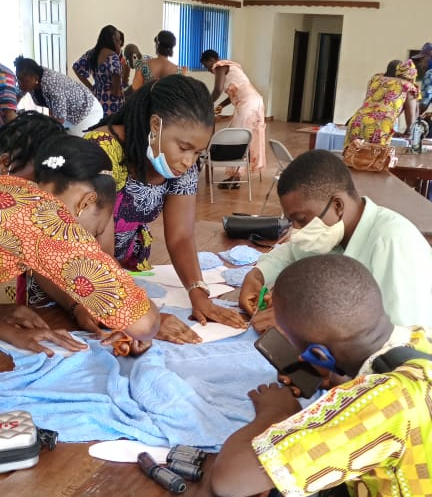Positive Periods, Girls And Education
I must first of all commend the Steve Sinnott Foundation for their initiative to address current deficits in girls’ and adolescents’ menstrual management through the Positive Periods Programme.
The three effective trainings of Home Economics teachers we have conducted have focused on health and education and the making of reusable menstrual pads. In our experience we have found that the quality of modern menstrual pads available in Sierra Leone is not effective because they are not absorbent enough. They cannot absorb the leakage properly. I say this because I have experienced this for many years. I have never used any menstrual pad but modern menstrual pads. I always doubled them before going out to avoid embarrassment or shame in public. The pain and discomfort I experienced during these periods was unbearable.
Reusable pads have a cotton or towel liner that prevents any sticking or overflow. Even though they have no super absorbents, they capture and contain your flow. You feel comfortable when you have them on, and they do not leak. They are safe. Reusable pads are the best for girls and women as well as for the environment.
From Engage issue 20.





